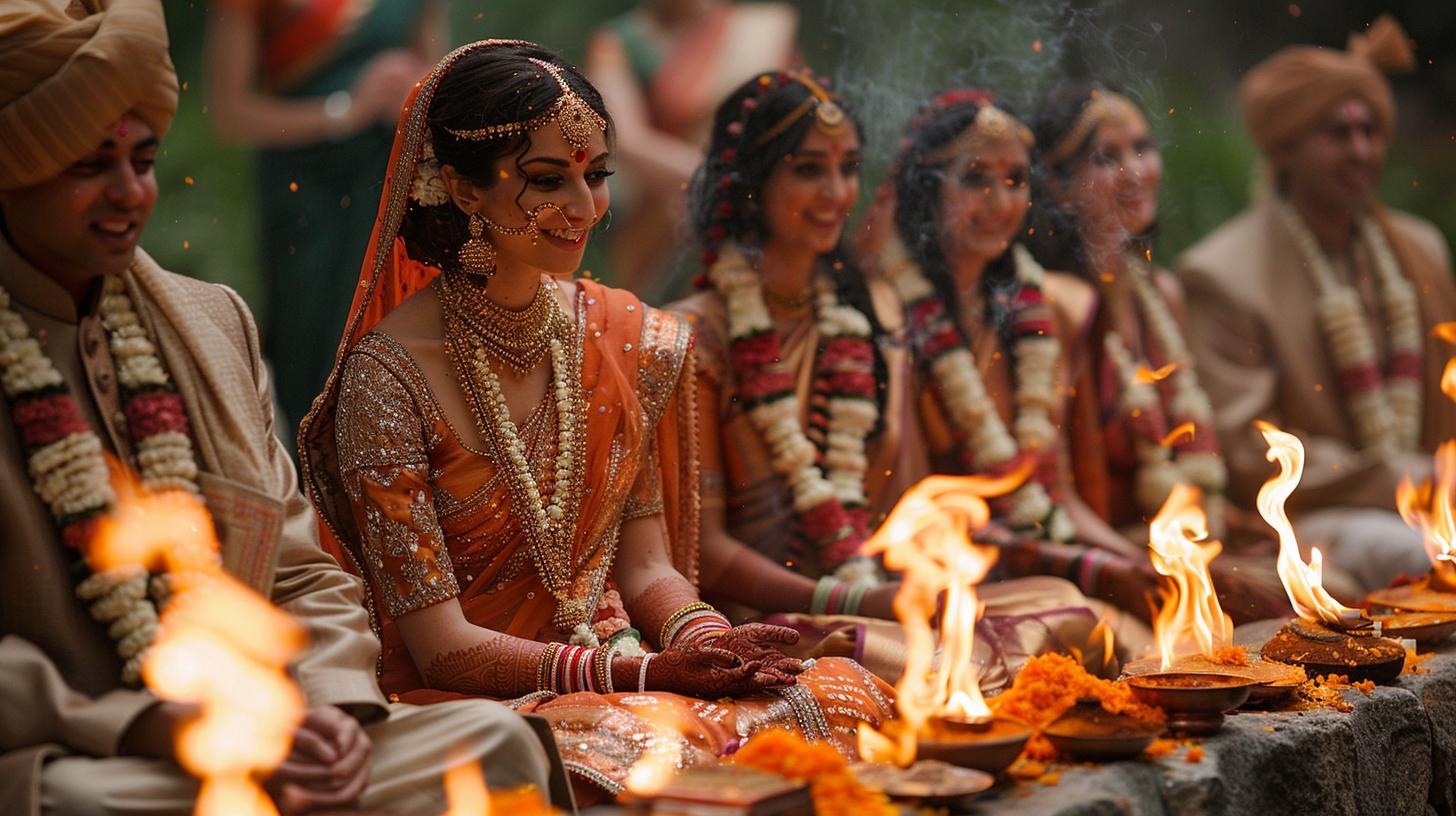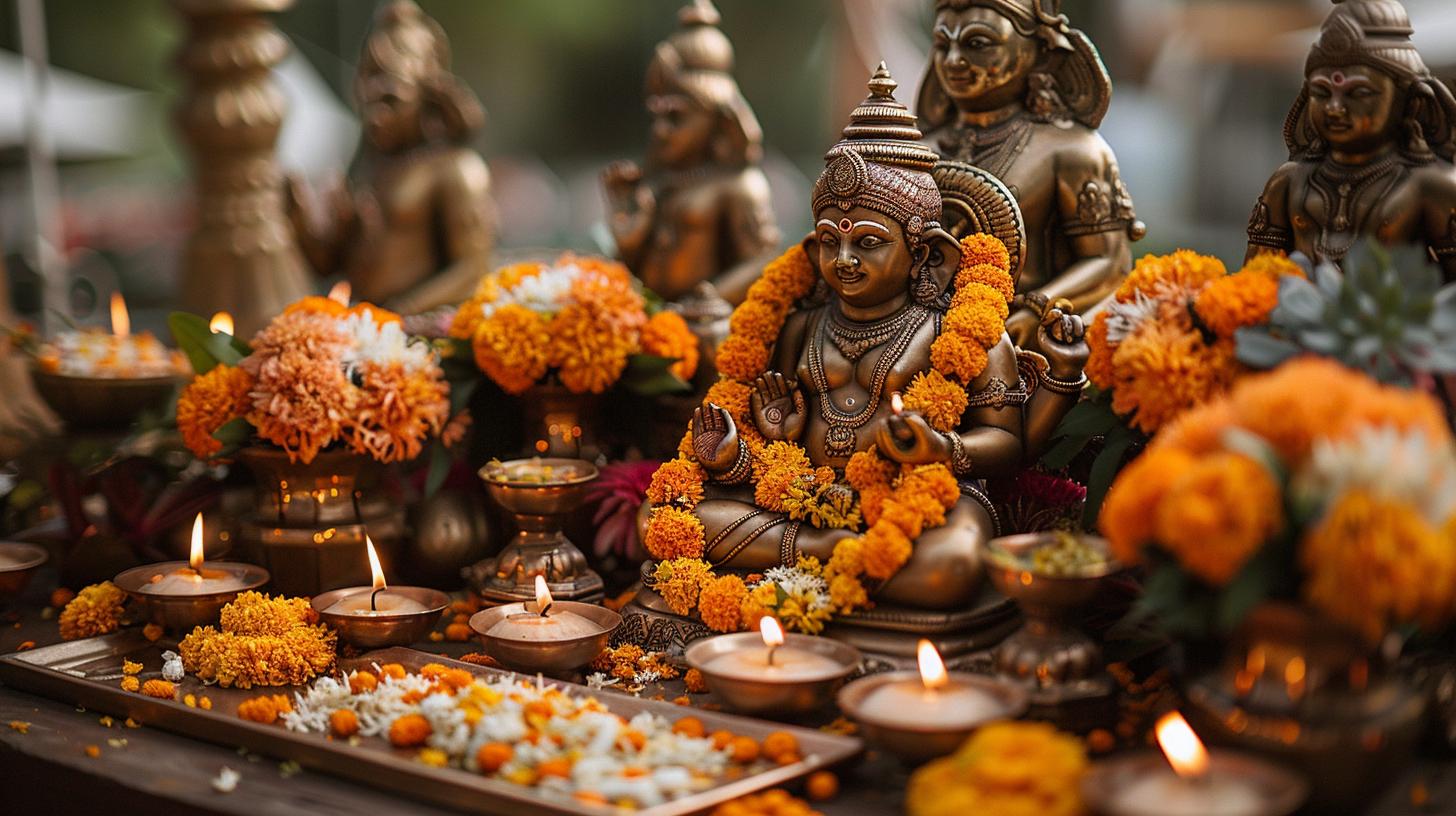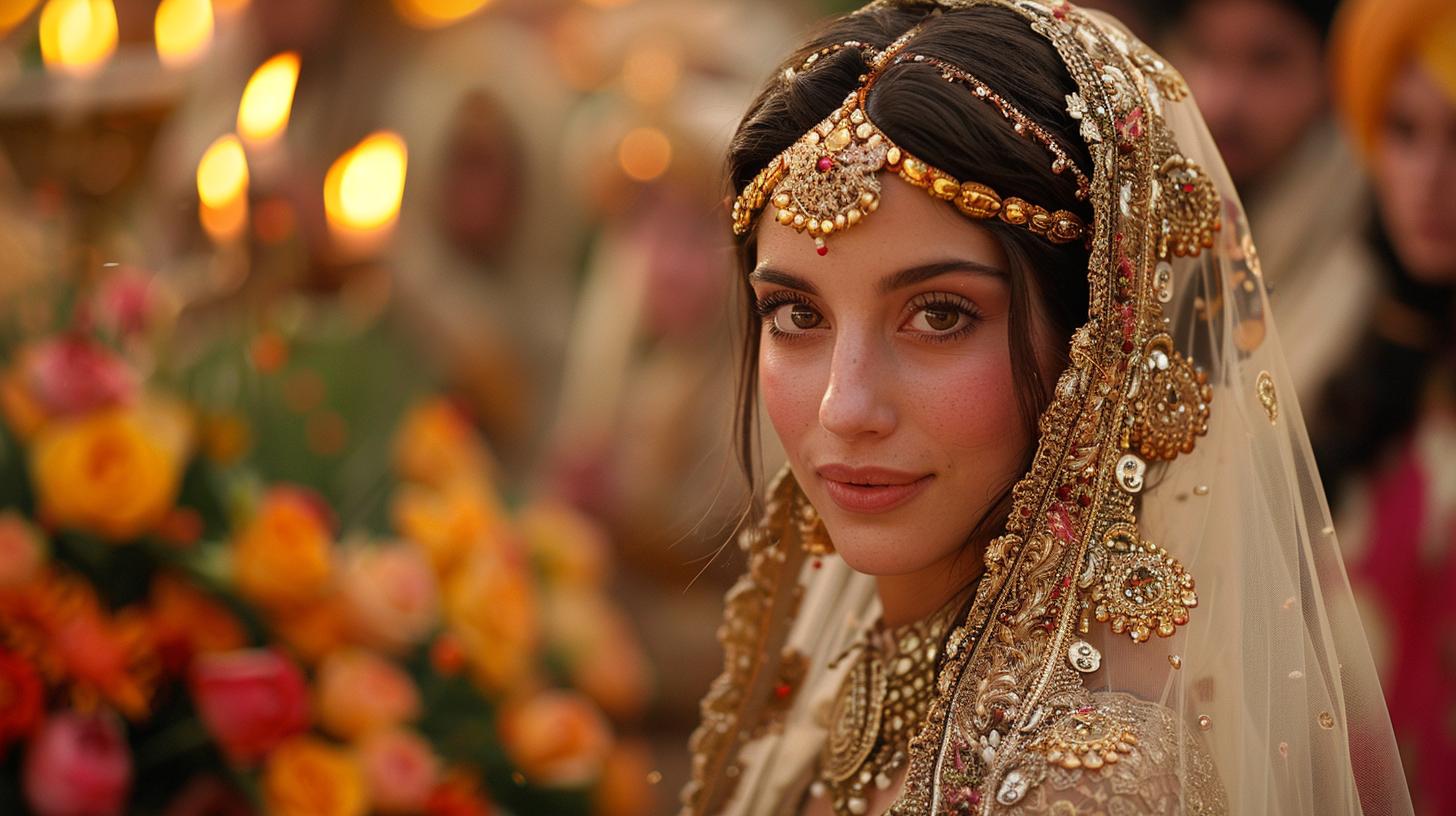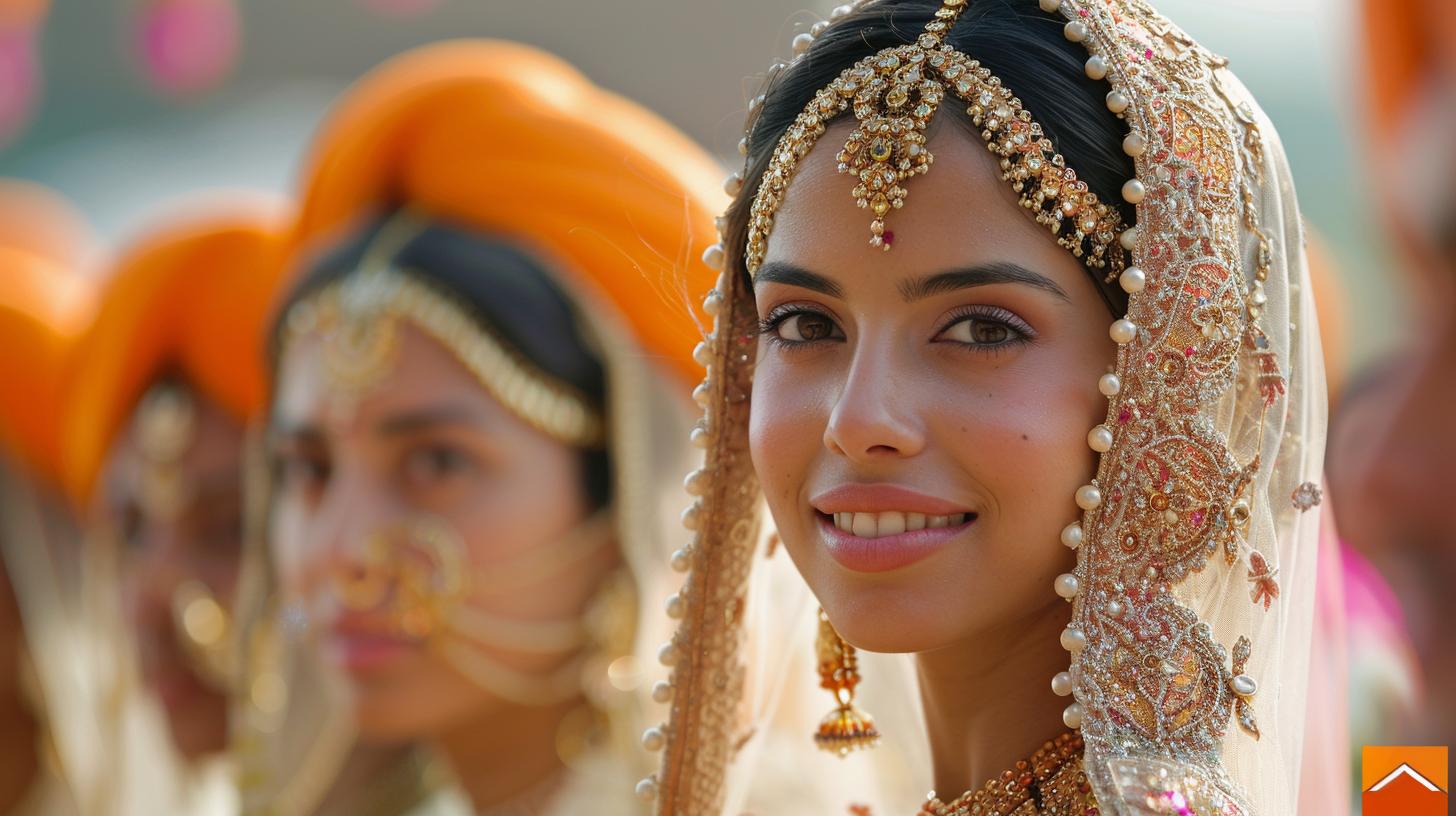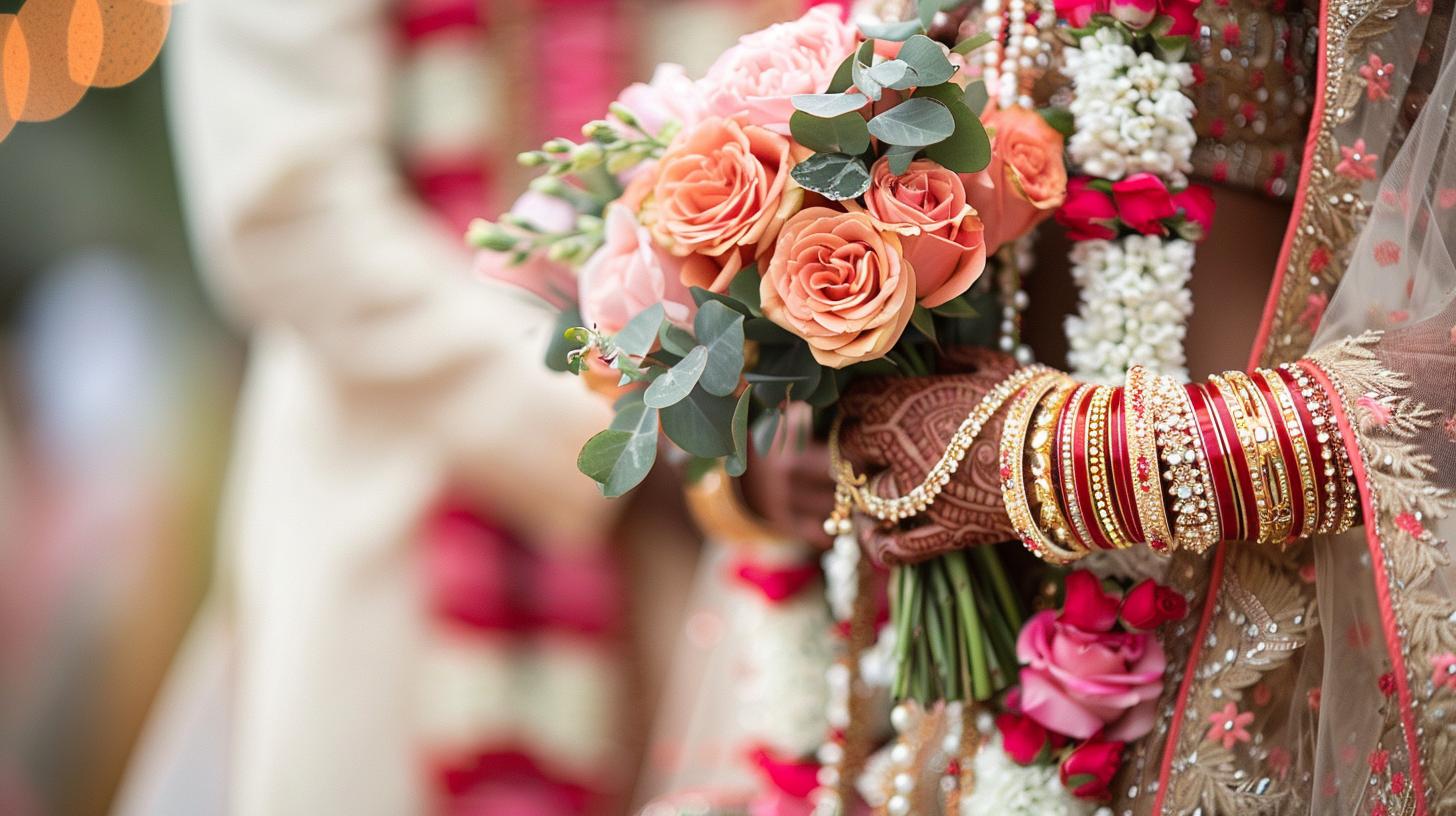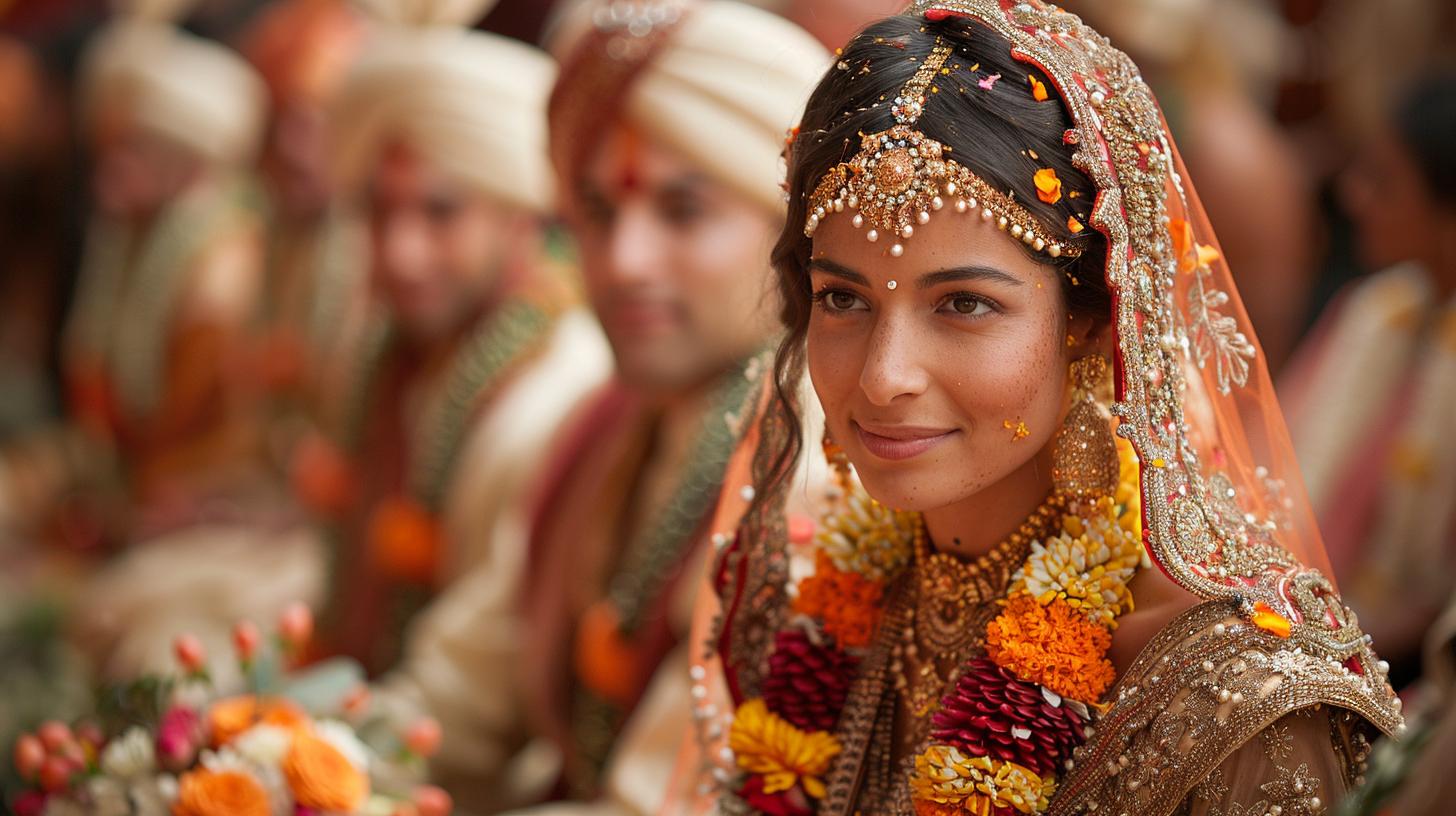What Not To Do At An Indian Wedding: Cultural Etiquette Tips for Guests
Understanding the etiquette for attending an Indian wedding is essential to avoid cultural mistakes. From dress codes to gift giving and participating in rituals, guests should be mindful of the customs and traditions.
Respect for local practices and openness to new experiences are key to enjoying this unique celebration. Embracing cultural sensitivity is crucial at Indian weddings, ensuring a meaningful and respectful experience for all involved.
Dress Code for Indian Weddings
Traditional Attire for Guests
When attending an Indian wedding, guests are expected to dress in traditional attire to show respect for the cultural significance of the event. Traditional Indian clothing such as sarees for women and kurta pyjamas for men are commonly worn.
These outfits often feature vibrant colors, intricate embroidery, and luxurious fabrics that reflect the festive atmosphere of the occasion.
Colors to Avoid
It is important to be mindful of the colors you choose to wear to an Indian wedding, as certain colors hold specific cultural meanings. Guests should avoid wearing black or white, as these colors are traditionally associated with mourning and are therefore considered inappropriate for a joyous celebration like a wedding.
Opt for bright and cheerful colors, such as red, gold, or pastels, to celebrate the festive spirit of the occasion.
Gift Giving Etiquette at Indian Weddings
Gift giving is an important aspect of Indian weddings, symbolizing well-wishes and blessings for the newlyweds’ future.
Choosing the Right Gift
- Consider the couple’s preferences and needs when selecting a gift.
- Traditional gifts such as jewelry, money, or household items are common choices.
- Personalized gifts that reflect thoughtfulness and care are highly appreciated.
Gift Presentation
- Present the gift with both hands as a sign of respect.
- Use decorative wrappings or gift bags for an aesthetically pleasing presentation.
- Include a heartfelt note or card expressing your well-wishes for the couple.
Participating in Wedding Rituals
As a guest at an Indian wedding, being familiar with the traditional customs is essential to fully appreciate and respect the significance of the ceremonies.
Understanding Traditional Customs
Indian weddings are rich in rituals and traditions that date back many generations. Understanding the symbolism behind these customs can enhance your experience and deepen your connection to the celebration.
The Ceremony of Seven Steps
One important ritual is the ‘Saptapadi’ or the Ceremony of Seven Steps, where the couple takes seven steps together around the sacred fire, each step representing a vow they make to each other.
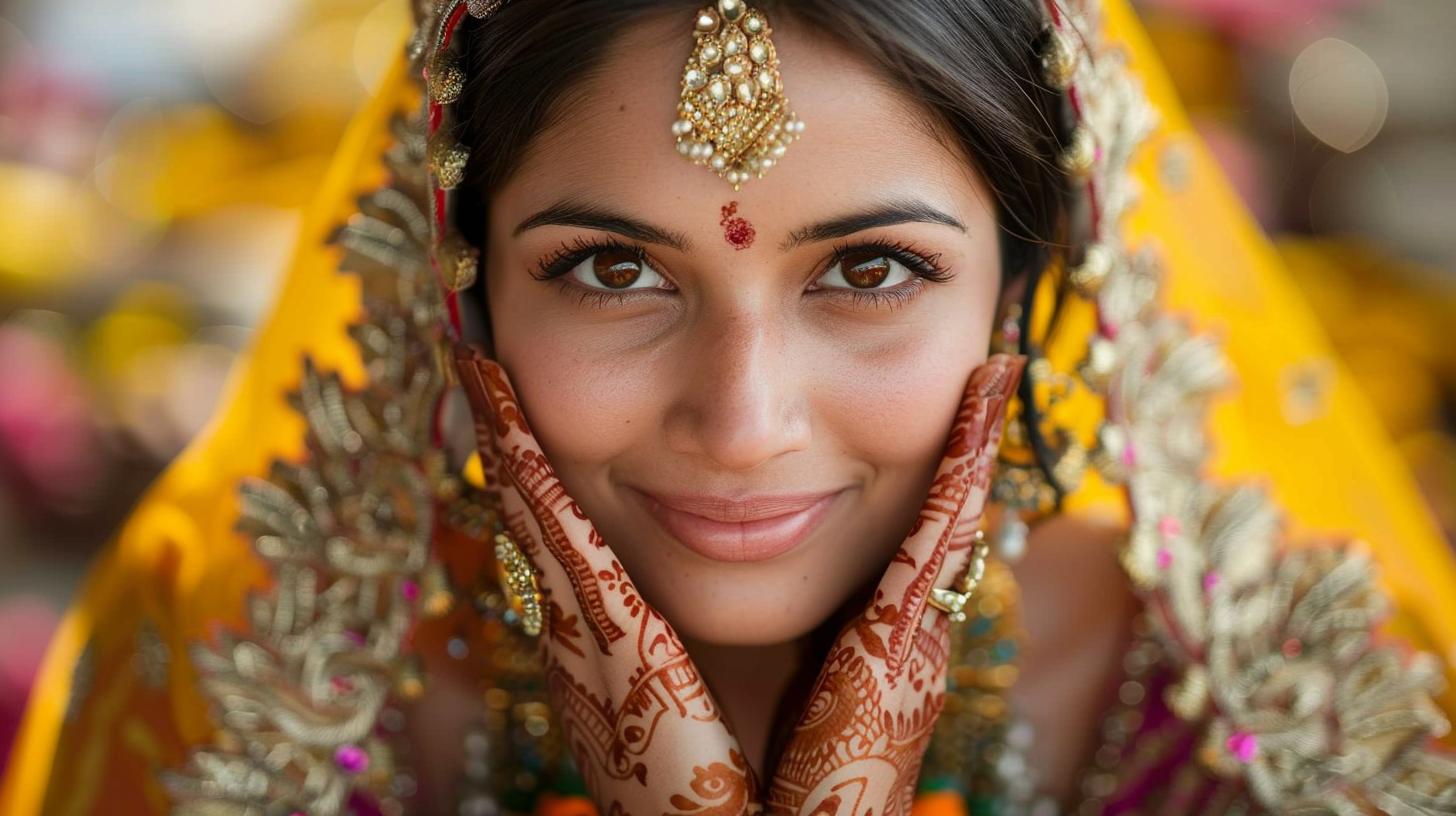
This ritual symbolizes the journey of marriage, with each step signifying a different aspect of their commitment and partnership. By witnessing this ritual, guests can appreciate the deeper meaning behind the marriage and the vows the couple is making.
Mangal Pheras
Another significant ritual is the ‘Mangal Pheras,’ where the bride and groom circle the sacred fire four times, each circling representing a different goal in life – Dharma (duty), Artha (prosperity), Kama (desire), and Moksha (liberation).
Participating in these rituals with respect and understanding can create a sense of unity and shared experience among all the guests, fostering a deeper connection to the cultural significance of the wedding.
Engaging in Ceremonial Practices
While it may not be expected for all guests to actively participate in the rituals, showing interest and reverence can be greatly appreciated by the hosts and the couple. Observing the ceremonial practices with attentiveness and respect can enrich your understanding of the cultural significance of the wedding.
Blessing the Couple
One way to engage in the ceremonial practices is by offering your blessings to the newlyweds. A simple gesture of well-wishes and congratulations can convey your support and good intentions for the couple as they embark on this new chapter of their lives together.
Offering Prayers
Guests may also have the opportunity to participate in prayer ceremonies during the wedding. Showing reverence during these moments and following the lead of the officiant or the family members can be a meaningful way to be a part of the sacred rituals.
Cultural Sensitivity at Indian Weddings
When attending an Indian wedding, it is crucial to demonstrate cultural sensitivity and respect towards local customs and traditions. By showing awareness and appreciation for the cultural significance of the event, guests can enhance their overall experience and contribute to the celebration in a meaningful way.
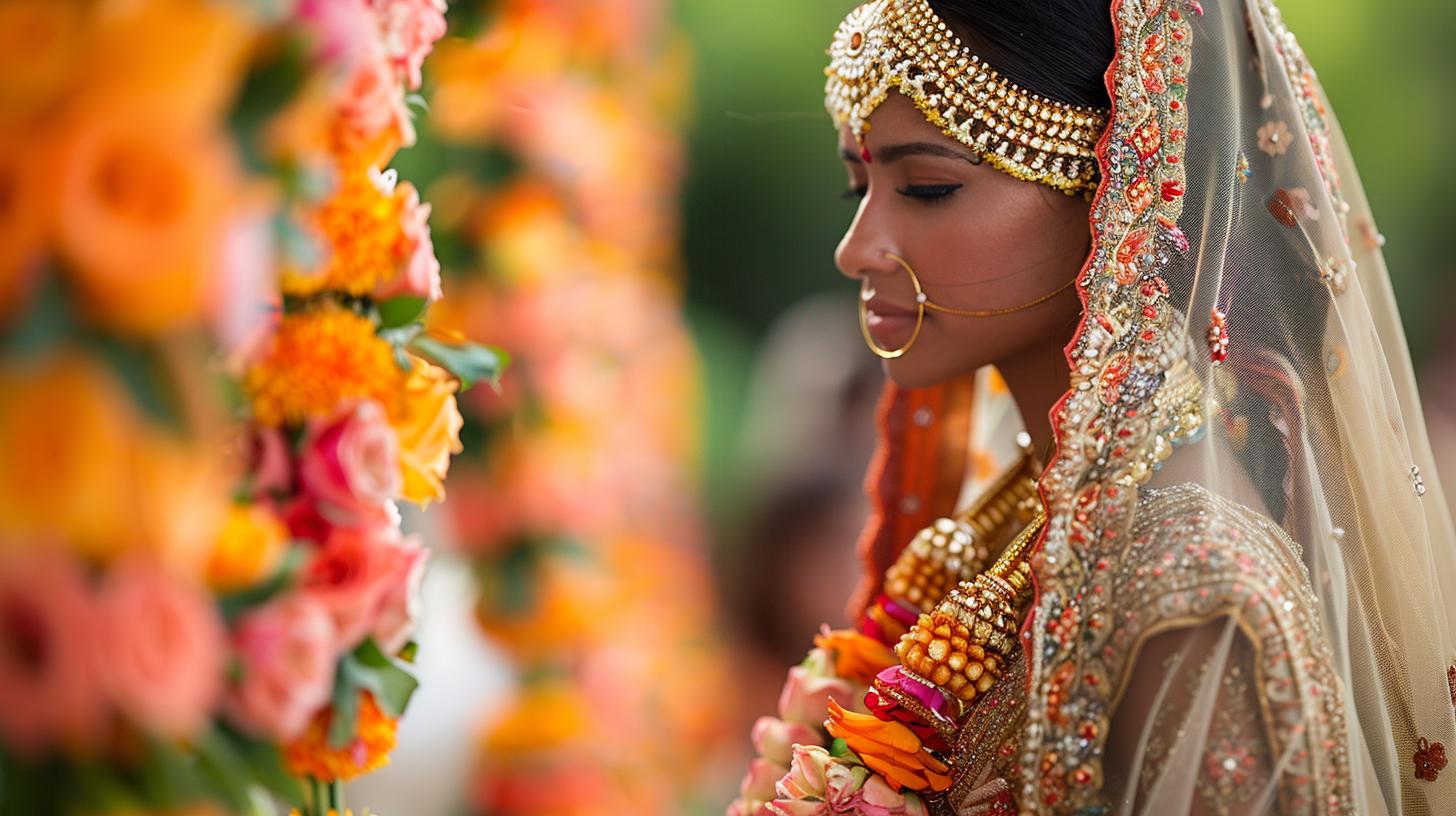
Respecting Local Traditions
- Follow the lead of the hosts and other guests in understanding and adhering to traditional practices.
- Be open to learning about the significance of each ritual and its role in the overall wedding ceremony.
- Avoid making assumptions or judgments about customs that may be unfamiliar to you.
Inclusivity and Open-mindedness
- Embrace diversity and inclusivity by engaging with guests from different cultural backgrounds.
- Appreciate the opportunity to learn about new customs and traditions, and be willing to participate respectfully.
- Show openness to different perspectives and ways of celebrating, fostering a sense of community and shared experiences.
.

